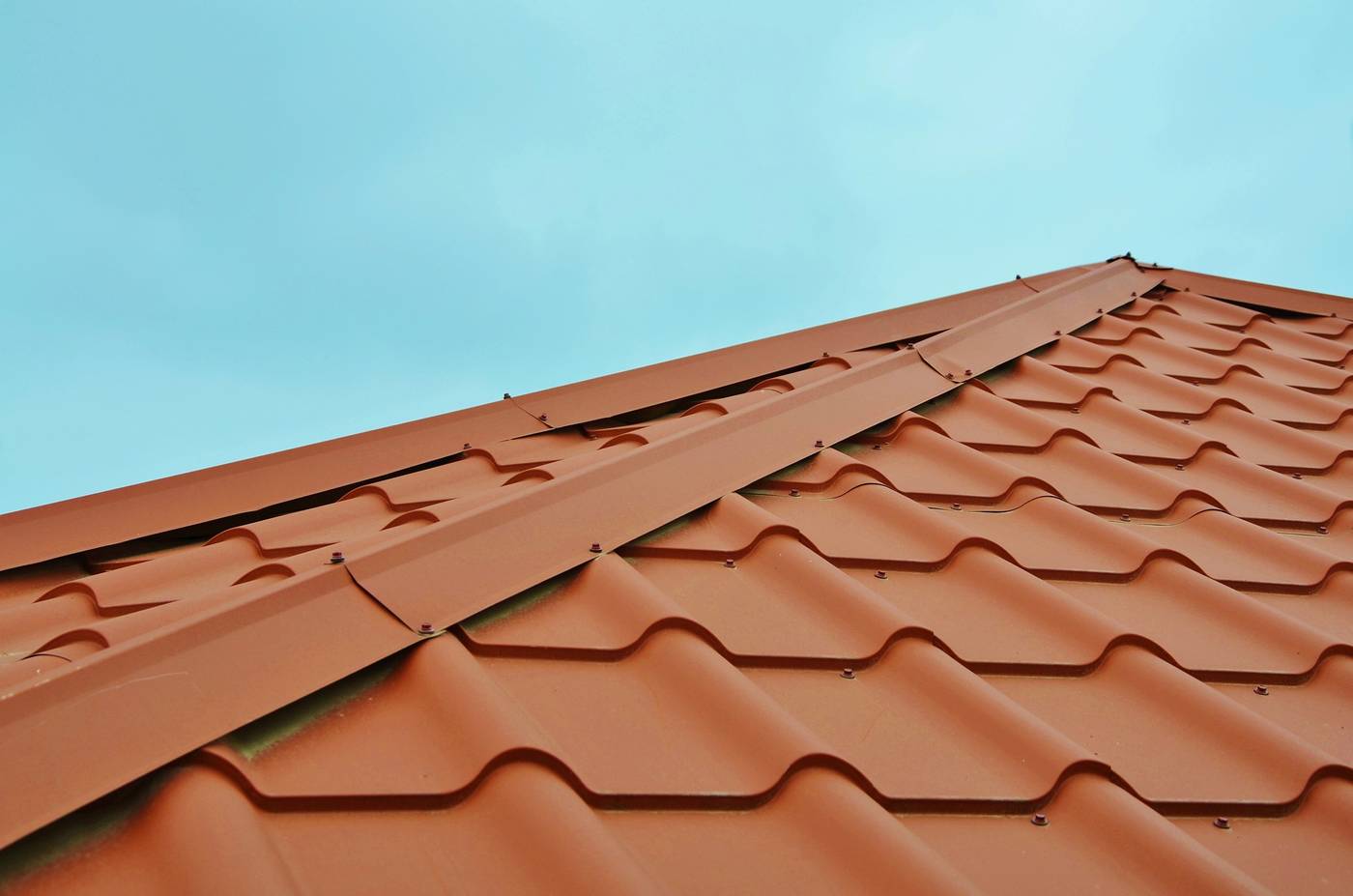After all of the work involved with house hunting, inspections, packing, and preparing to move, closing on your new home should be something to celebrate! But discovering major problems with your home after closing can cause a major headache. While maintenance is an expected part of homeownership, the presence of significant damage or environmental concerns might have caused you to rethink purchasing the property in the first place.
What Types of Hidden Damage Could You Find?
Most home inspections can uncover hidden issues before closing, such as an unstable foundation or water damage. However, inexperienced or unqualified inspectors can potentially overlook major problems, which can leave you with expensive home repairs on your hands after you’ve just been handed the keys. Some of the most common types of damage that may be missed at inspection (or due to lack of inspection) include roof leaks, defective appliances, faulty heating or air conditioning units, and flooring issues.
Additionally, environmental pollutants are not only costly to remedy but can cause health problems for you and your family. Some of the most common types of environmental threats in a household include mold, lead paint, carbon monoxide, radon, pesticides, and volatile organic compounds. Indoor air quality is a huge threat to your family’s well-being, so obviously, these types of problems will need to be addressed immediately.
Who is Responsible?
Probably the first question on the mind of a new homeowner who discovers serious issues with their property is, “Who has to pay for this?” In general, there are three possible answers. First, in most states, the seller is required to disclose defects with the home, so if they’ve failed to do so – or even outright denied a known issue – they are likely liable for the repairs. In the same way that it is the buyer’s duty to perform inspections, it’s the seller’s duty to disclose known defects. Prior to purchasing a home, it is a good idea to familiarize yourself with disclosure requirements so you know what to expect and what to look for on your own. Real estate agents involved with the transaction may also be considered negligent if they knew about issues with your home that they failed to disclose. Finally, if the inspector missed major issues, they could also be responsible. The bottom line is that every situation is different and the circumstances will vary.
Unfortunately, the road to getting these costs covered can be long and complex – and may even involve legal action. It’s best to prevent these problems before they arise by working with trusted real estate professionals. Your real estate agent will help you navigate the process, and you will also have the opportunity to research and review home inspectors. By working with trusted professionals along the way, you can enjoy your new home without any added stress!
If you have any questions about what to expect at closing, please reach out to the Attorney’s Title Group team today. We’re here to help! Click here to contact us or give us a call at (501) 734-2233.

